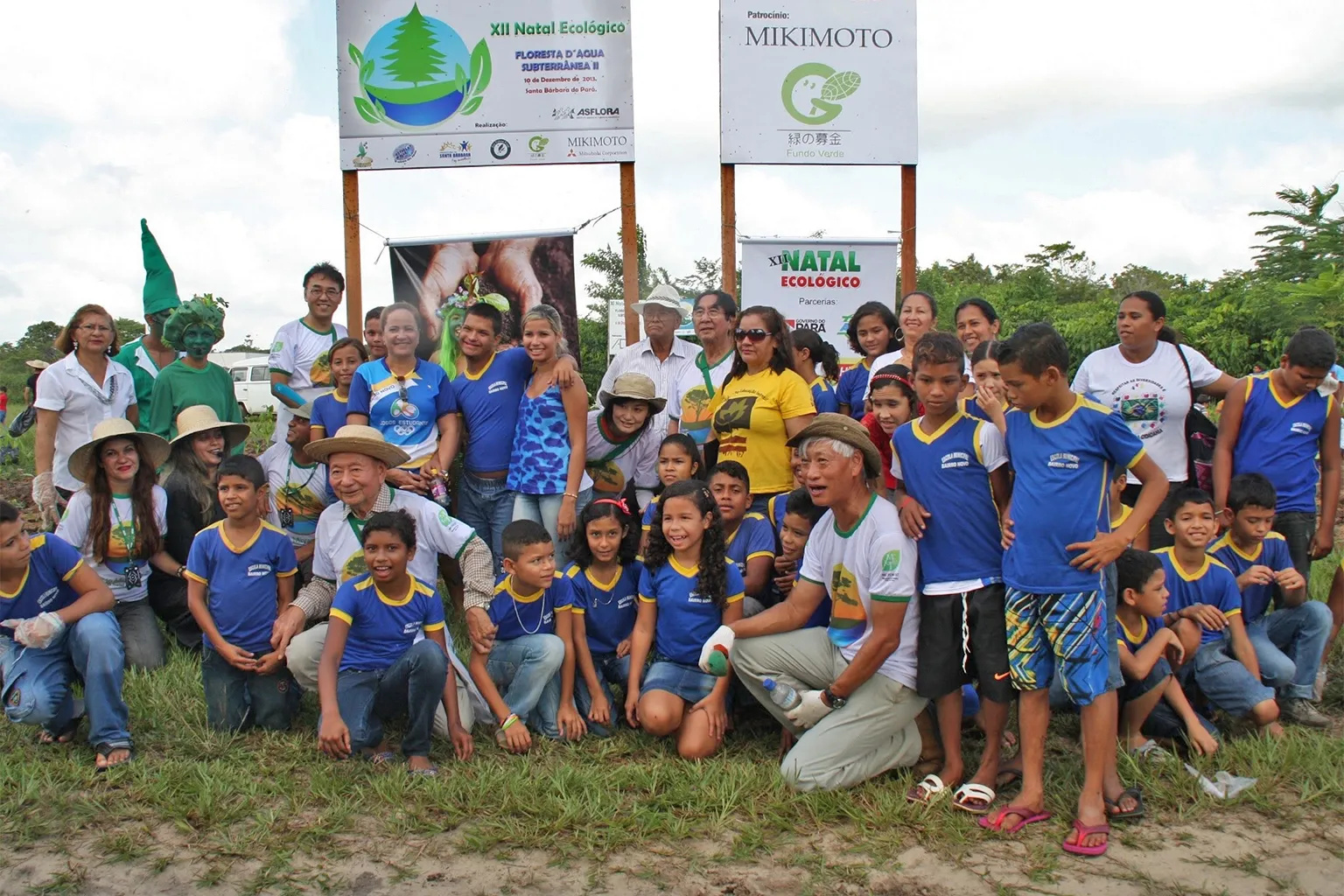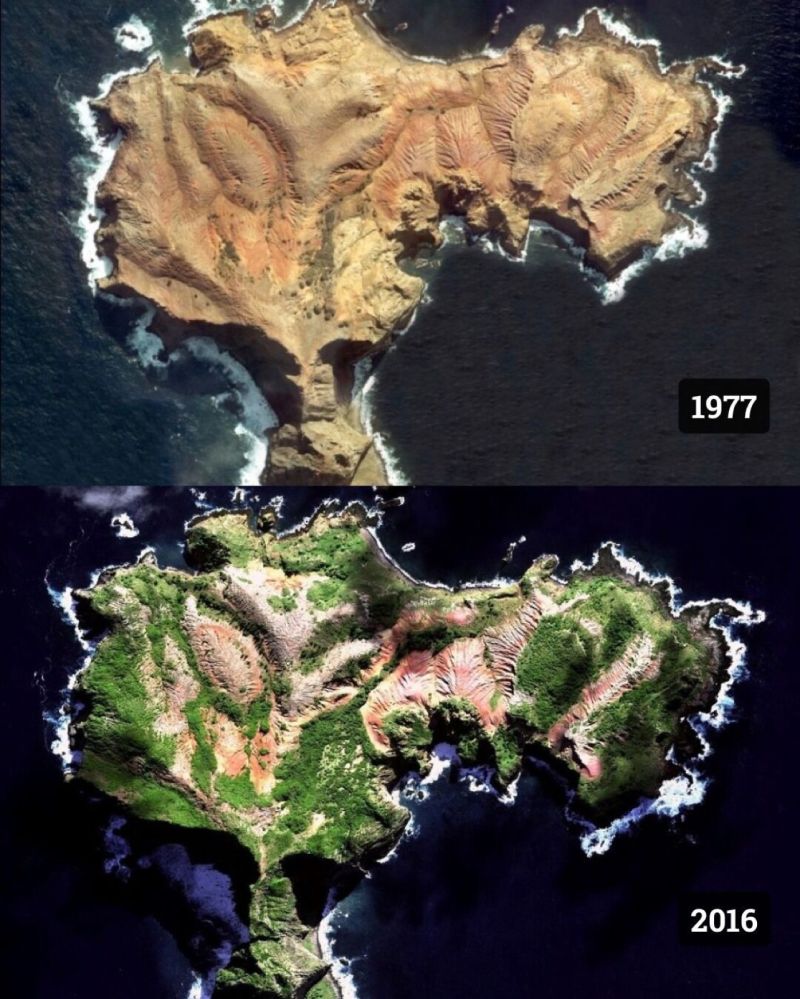Good news you probably didn't hear about
A new law protecting women against discrimination and sexual harassment has come into effect in China. It's the country's most significant reform to women's rights in 30 years, and the only place we were able to find the story was in a law journal and an HR magazine. In case the significance isn't apparent, there are 326 million female employees in China.
Happy World Neglected Tropical Disease Day! It was on the 30th January, and there's a lot to celebrate. 80 million fewer people required treatment in 2021 compared to 2010, a fall of 25% in a decade. Eight countries eliminated a tropical disease last year, 47 countries have now eliminated at least one, and many more are on track to achieving this target. WHO
Millions of people have been liberated from the burden of neglected tropical diseases. As this progress report shows, we still have a lot of work to do. The good news is, we have the tools and the know-how not just to save lives and prevent suffering, but to free entire communities and countries of these diseases.
Dr Tedros Adhanom Ghebreyesus, Director-General, WHO


Schistosomiasis, also known as bilharzia, is a tropical disease caused by parasitic worms, and has plagued people in China for more than 2,100 years. In the 1950s, 11.6 million cases were detected, and approximately 100 million people were at risk. Today, the disease is close to being eradicated. The number of cases in 2021 was 29,041, a reduction of 92.97% from 2008. WHO
Researchers in the UK have figured out a way to reduce the risk of colon cancer recurrence by 28%, just by changing the timing of patients’ chemotherapy. The beauty of this approach is that it doesn’t require any additional treatment or new medication. "Doctors around the world will now be able to put these findings into clinical practice, saving many thousands of lives." Freethink
The US government just launched a new initiative to allow Americans to directly sponsor refugees. The 'Welcome Corps' is modelled on Canada's successful program, and within 24 hours of its launch, more than 4,000 people had signed up to get more information. "This is a moment for America to be as generous as we know that we can be as a country." NPR
Sierra Leone has passed landmark legislation advancing women’s rights. Activists have been fighting for this for more than a decade. The law requires all employers to reserve at least 30% of jobs for women, extends maternity leave to 14 weeks, mandates equal pay, grants equal access to financial support and training and puts an end to six decades of customary laws that prevented women from owning land.
Today, @PresidentBio will sign into law the groundbreaking Gender Equality and Women’s Empowerment Act 2022 after Parliament's enactment in Nov 2022 🇸🇱 This Act will break the economic and political exclusion shackles for urban and rural women across the country pic.twitter.com/iQUdx34KyJ
— ministermanty (@MinisterManty) January 19, 2023
Did you know 2022 was a great year for LGBTQ rights around the world? Numerous countries removed bans on homosexuality, outlawed conversion therapy and legalized gay marriage. 33 governments have now legalized same-sex unions, triple the number compared to a decade ago. “It feels like something of a tipping point." Bloomberg
Did you know 2022 was a great year for children's rights? Zambia, Mauritius, Comoros and Cuba banned corporal punishment, Cuba, Mauritius, England, Wales and Zambia ended child marriage, Nigeria and Burkina Faso ended military detention of children and Colombia, Republic of Congo and Tunisia agreed to protect education in armed conflict and refrain from using schools for military purposes. HRW
Enrolments under the Affordable Care Act in the United States have reached an all-time high, driving the nation’s uninsured rate down to record lows. The proportion of uninsured people under the of age 65 is now down to 8%. In 2009, the year before the ACA was enacted, 17.5% of people under 65 lacked insurance. Still no death panels in sight. WSJ
China's population decline has been met with almost universal dismay in the Western media, framed as the harbinger of a demographic and economic time bomb that will strain the world’s capacity to support ageing populations. Here's the other side of the story, by a Chinese professor of sociology specialising in demographics. NYT
Millions of working people around the world live in extreme poverty, but the good news is that this number has decreased substantially over the last few decades, from 808 million in 1991 to 224 million in 2021. This epic graphic shows what that change looks like over time, broken down into different regions of the world. Visual Capitalist

The only home we've ever known
Over 225,000 acres of Minnesota’s pristine Boundary Waters Wilderness will be protected thanks to a 20-year mining ban approved by the Biden Administration. It’s good news for one of America’s most visited wilderness areas and a ‘fatal blow’ for a proposed mining project. Grist
Protections for Alaska’s Tongass National Forest have been reinstated, a long-awaited victory for the tribal communities who live in it. Spanning nearly 17 million acres - an area slightly larger than the state of West Virginia – Tongass is home to 800-year-old cedar, hemlock and Sitka spruce trees and over 400 species of land and marine wildlife. BBC
I describe walking into the forest as walking into one of the most beautiful cathedrals you'll ever find in the world. I don't want my grandchildren, their grandchildren, to have to fight for that too.
Joel Jackson, President of the Organized Village of Kake
The EPA has finalised a new rule to formally restore federal Clean Water Act protections for streams and wetlands that sustain fish and wildlife and hunting and fishing opportunities. The new rule has been championed by hunters and anglers and will replace the previous administration's Navigable Waters Protection Rule, which significantly narrowed protections. TRCP
Efforts to save the Western Monarch butterfly are paying off, with 335,479 butterflies migrating to the Californian coastline last year, a welcome increase from less than 2,000 butterflies in 2020. Local efforts continue to double down on protecting the overwintering sites, restoring habitats, and stopping the use of pesticides. Xerces
Following on from our story last week about Miyawaki forests in Paris, pocket forests are also popping up in the Amazon. 14,734 hectares have been reforested using the Miyawaki method, which can restore nature to its original state in around six years. The secret to its speed lies in that it understands the forest as a society … a living ecosystem that continuously renovates itself. Mongabay

Germany will give Brazil $222 million towards preserving the Amazon. Distributing funds to indigenous groups would be a wise investment; regions of the Brazilian Amazon under indigenous control account for just 5% of forest loss over the last two decades, compared with unprotected areas that have lost up to 14 times more. ABC
A new protected area in British Columbia will permanently safeguard the ‘rarest of the rare’ species including lichens, grizzly bears, wolverines and old-growth cedars and hemlock trees. The 58,000 hectare conservancy in the Incomappleux Valley is one of Canada’s last remaining inland temperate rainforests. Narwhal
Rewilding charity Heal has bought 460 acres of land in Somerset to kickstart an effort to create nature reserves spanning 48 English counties by 2050. The Somerset site will become a blueprint for the project and will include food growing areas, community meeting spaces and rare-breed cattle, pigs, and ponies to graze land in a natural way. BBC
Ireland’s Greater Skellig Coast has become the country’s first ever 'Hope Spot' — an area scientifically identified as critically important to marine conservation. The designation will protect roughly 7,000 km2 of Irish coastal waters and is part of a global initiative by Mission Blue, who have designated 148 Hope Spots around the world. Green News
For over 200 years, Phillip Island was overrun by feral pigs, goats and rabbits introduced during European settlement. The result was devastating, completely destroying the island's vegetation. In 1979 an eradication program begun and by 1988 non-native species were successfully eliminated from the island. The change is astonishing. Nature will recover - if we let it. SMH

That's it for this week, thanks for reading, we hoped you enjoyed this edition. We'll see you next week, same time, same place. Hope you're hanging in out there.
Much love,
FC HQ





